Are you looking for an easy way to improve your mindset and wellness in this very stressful time? If so, I highly suggest considering the many benefits of gratitude!
If you’ve ever thought that people who touted the benefits of gratitude were “out there,” or if you’ve just been wondering what the benefits are I’ve got you covered, friend.
I was curious, too. So I did some research, and I was really impressed! If you’re anything like me, these nine scientifically proven benefits will make you want to add a little more thankfulness into your daily life! For real.
Pin it for later! ⤵️

Table of Contents
Toggle
Why Should We Choose Gratitude?

Have you ever noticed that after an event, presentation, lesson, or social gathering, your mind dwells on the one negative thing that happened (or you think may have happened)?
I can think of an instance at an event where I was presenting. My vivid memory of this event is of the one person who didn’t smile, didn’t make eye contact, and didn’t laugh at any of my (admittedly really bad) jokes. This person just didn’t interact at all.
Now, there were about 30 other people there who DID do all (or at least most) of those things, but that night my mind kept focusing on the one who didn’t. AND I replayed it over and over in my mind. For days. On a constant loop.
It happened years ago, and to this day I can still remember that person (and the negative feeling), more than any of the others or the overall positivity of the event. Yep, I’m a little embarrassed to admit it.
Has this ever happened to you? If so, don’t feel bad. Research shows that we aren’t alone.
This phenomenon is known as the negativity bias, and it appears to be our natural tendency as humans.
Negativity Bias? What’s That?

Simply put, the negativity bias is our hard-wired propensity to notice and give more weight and importance to negative things and situations than we do to neutral or positive ones.
I love how Rick Hanson explains this in his book, BUDDHA’S BRAIN: THE PRACTICAL NEUROSCIENCE OF HAPPINESS, LOVE, AND WISDOM. He says: “[Your brain is] like Velcro for negative experiences and Teflon for positive ones. Consequently, even when positive experiences outnumber negative ones, the pile of negative implicit memories naturally grows faster.”
This is what caused me to notice and ruminate on that one person who didn’t smile or interact, instead of noticing and remembering the 30 others who did!
Gee thanks, negativity bias.
The good news is there’s a lot of research to support mindfulness and gratitude as a way to overcome our negativity bias and deliver so many other amazing benefits along the way! I don’t know about you, but I’m really excited about that!
What does gratitude do for your health and wellness?
Gratitude has several impressive and impactful benefits for both your physical and mental wellness. We will discuss five benefits for your mental health including increased self-esteem; decreased anxiety, depression, and substance abuse; and improved relationships. We will also examine six benefits for your physical health including improved sleep and stress management and some fascinating cardiac benefits.
Of course, this information isn’t medical or mental health advice. If you feel depressed or anxious or are struggling with any type of addiction or illness, please seek help from a qualified physician or mental health provider. It can do a world of good!
So, What is Gratitude?

Before we dig into the benefits of gratitude, let’s talk more about what gratitude actually means. The Merriam-Webster Dictionary defines gratitude quite simply as “the state of being grateful: thankfulness.”
The Cambridge Dictionary goes a little further with their definition: “a strong feeling of appreciation to someone or something for what the person has done to help you.”
Although the above definitions are simplistic, the world’s leading scientific expert on gratitude, Robert Emmons, Ph. D., gets more specific. His two-pronged definition of gratitude is: “First, it’s an affirmation of goodness…The second part of gratitude is figuring out where that goodness comes from. …We acknowledge that other people—or even higher powers, if you’re of a spiritual mindset—gave us many gifts, big and small, to help us achieve the goodness in our lives.”
Scientifically Proven Benefits of Gratitude for Mental Health
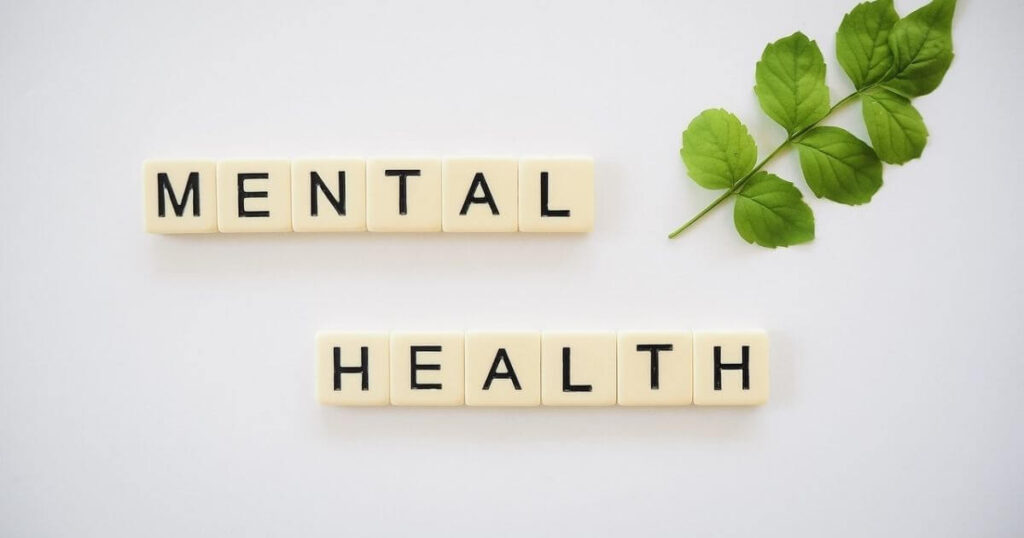
1. Balance out our negativity bias
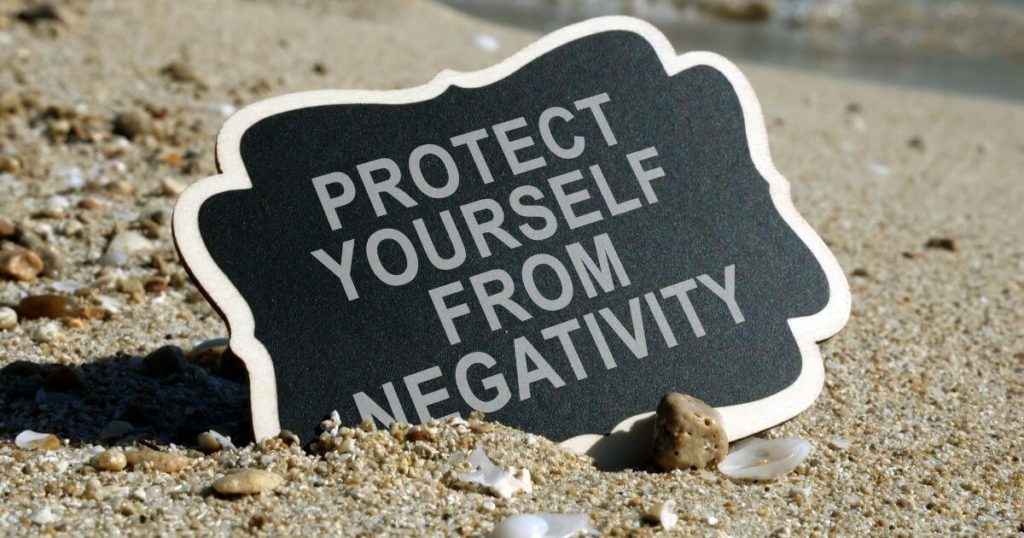
Remember the natural negativity bias we talked about? While we might not think it’s such a great natural tendency, there is good news. As a result of increasing gratitude and mindfulness, you can actually balance out your negativity bias.
For instance, by focusing on things you’re grateful for you can interrupt the negativity loop going on in your mind. Therefore, the more you focus on positive thoughts, the more you can overcome the negativity bias. This makes a lot of sense. I’ve seen it play out in my own life. I bet you have, too.
Hanson explains that the solution isn’t to try to prevent negative experiences. Instead, he suggests you “foster positive experiences–and in particular, to take them in so they become a permanent part of you.” This, it would seem, is the very description of mindful gratitude.
2. Enhanced self-esteem
I think we can all agree that it’s important to have healthy self-esteem. As a teacher, I have noticed that a student’s self-esteem typically directly impacts his/her learning.
For example, students who have poor self-esteem are typically afraid to participate in class, ask questions, or take risks. On the other hand, students who have healthy self-esteem typically behave in much the opposite way.
Self-esteem is certainly a factor in the healthy development of children. Therefore, I was glad to see that the results of numerous studies throughout the years show that gratitude enhances self-esteem.
This is good news for all of us, not just students. Who couldn’t use an increase in self-esteem?
3. Decreased anxiety, depression, and substance abuse
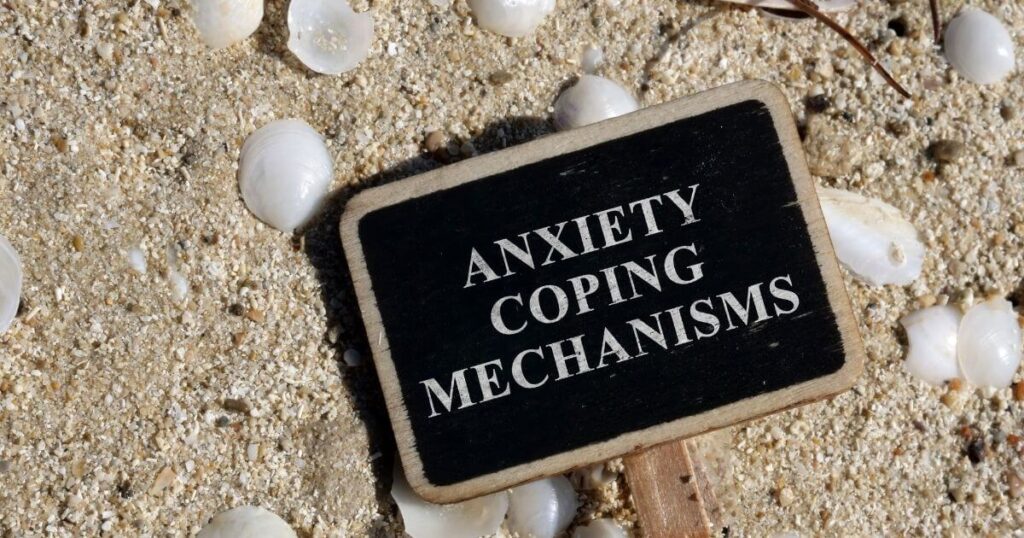
This year has been filled with more anxiety, fear, and worry than most years I can remember. From my conversations with many people, this seems to be the norm for the majority of us, especially this year. Would you agree?
I was encouraged to learn that gratitude can positively impact all of these mental health areas. According to Wood, A. M., et al, thankfulness was associated with a “significantly lower risk of major depression, generalized anxiety disorder, phobia, nicotine dependence, alcohol dependence, and drug ‘abuse’ or dependence…and a much lower risk of bulimia nervosa.”1 Wood, A. M., et al., Gratitude and well-being: A review and theoretical integration, Clinical Psychology Review (2010), https://doi.org/10.1016/j.cpr.2010.03.005.
4. Improved relationships

Studies have shown that gratitude can help improve our relationships. For instance, grateful people feel more loved. Additionally, people who count their blessings tend to be more positive and feel more connected in their relationships.
5. Block Negative, Toxic Emotions
Do you struggle with negative or toxic emotions like regret or resentment, as I do at times? Gratitude can actually help to block these types of toxic emotions since emotions like envy and gratitude cannot be felt simultaneously.
“Gratitude blocks toxic emotions, such as envy, resentment, regret and depression, which can destroy our happiness.”
— Robert Emmons
Scientifically Proven Benefits of Gratitude for Physical Health
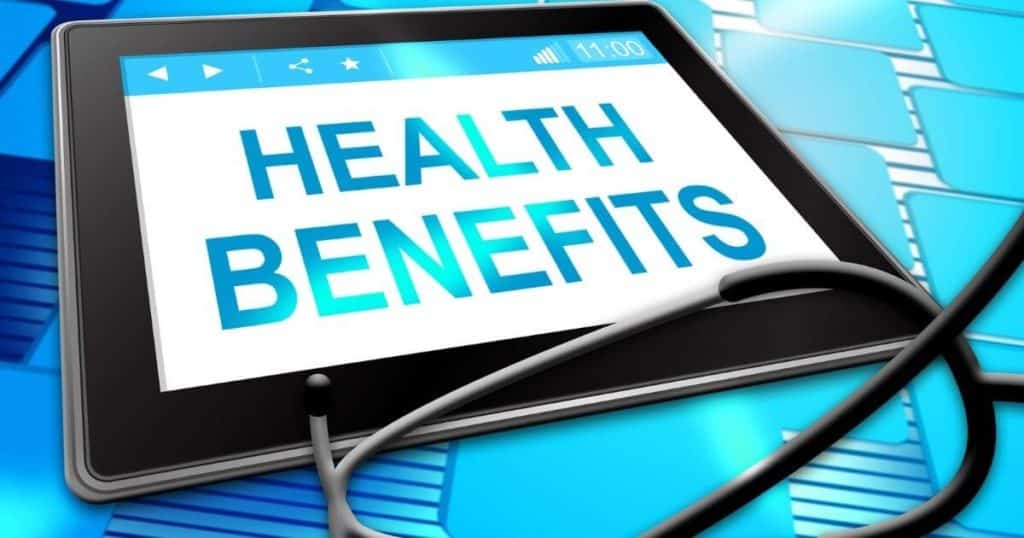
6. Improved Sleep

Are you looking for ways to improve your sleep latency (the amount of time it takes to fall asleep), the length of time you’re able to stay asleep, and/or the quality of your sleep? Yeah, me too.
There’s good news for both of us! Practicing gratitude has been proven to improve all these aspects of sleep. Research says it can even improve how refreshed you feel when you wake up. I’m on board for that!
7. Stress Management
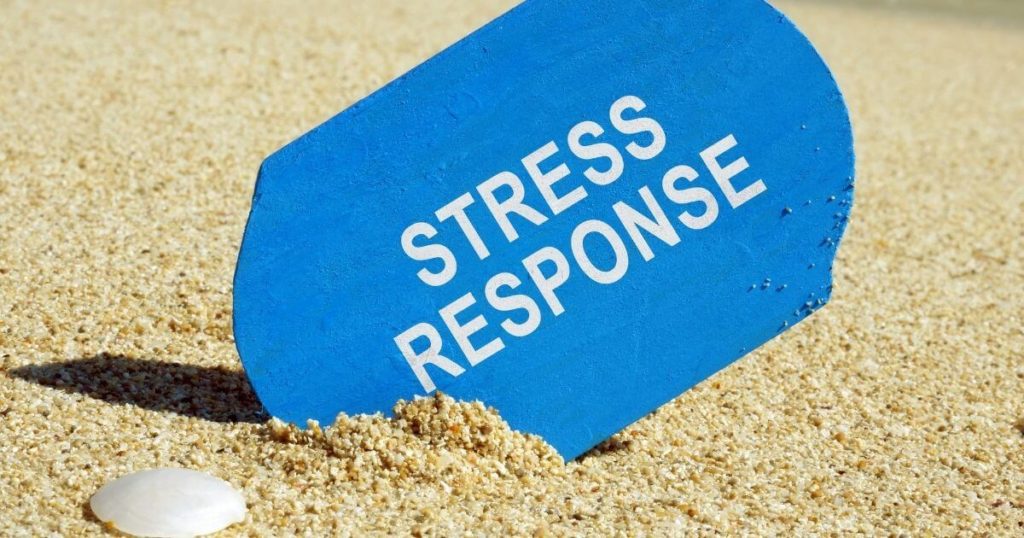
This year has been really stressful for all of us! And I’m sure we all know the negative impacts on our physical and mental health as a result of stress. The good news is that it seems that gratitude can help us manage stress in many ways.
A study by McCraty and colleagues2McCraty, R., Atkinson, M., Tomasino, D. et al. The impact of an emotional self-management skills course on psychosocial functioning and autonomic recovery to stress in middle school children. Integrative Physiological and Behavioral Science 34, 246–268 (1999). https://doi.org/10.1007/BF02688693 revealed a significant reduction in the stress hormone cortisol, along with a positive impact on DHEA/DHEAS (a naturally occurring hormone that is produced in the adrenal glands) and heart rate variability. Heart rate variability (HRV) is basically the variation in time between the beats of your heart. A higher HRV is typically associated with greater resilience to stress and greater cardiovascular fitness.
8. Cardiac Health Benefits

When I read about the impact that gratitude can have on cardiac health, I was really amazed. For example, the science in one study showed that gratitude could lead to improved outcomes, including a reduction in the levels of inflammatory biomarkers, in patients who had asymptomatic heart failure.
Another study, according to Jeff Huffman, Ph.D., found that gratitude was associated with “lower levels of inflammation throughout the bloodstream and the body, a calmer fight-or-flight autonomic nervous system, and other effects that are clearly linked with better prognosis and longer survival” in heart attack patients. Huffman is an Associate Professor of Psychiatry at Harvard Medical School and the Director of the Cardiac Psychiatry Research Program (CPRP) at Massachusetts General Hospital.
9. Increased Likelihood of Maintaining a Healthier Lifestyle
Numerous studies have indicated that gratitude is linked to an improvement in maintaining a healthier lifestyle overall. Of particular interest is an increase in behaviors such as exercising more often, taking medications on time, and making healthier food choices.
Ready to Start a Gratitude Practice?

The research shows that a focus on gratitude has many benefits for both our mental and physical health and well-being. Since starting consistent, daily gratitude I have noticed a positive shift in many of these areas.
Head over to this post to get started with 7 simple gratitude practices. You can even grab my FREE Gratitude Journal over there!
Did any of these 9 scientifically proven benefits of gratitude make you want to add a little more thankfulness into your daily life? Which was the most surprising benefit of gratitude?
Comment below to let me know!




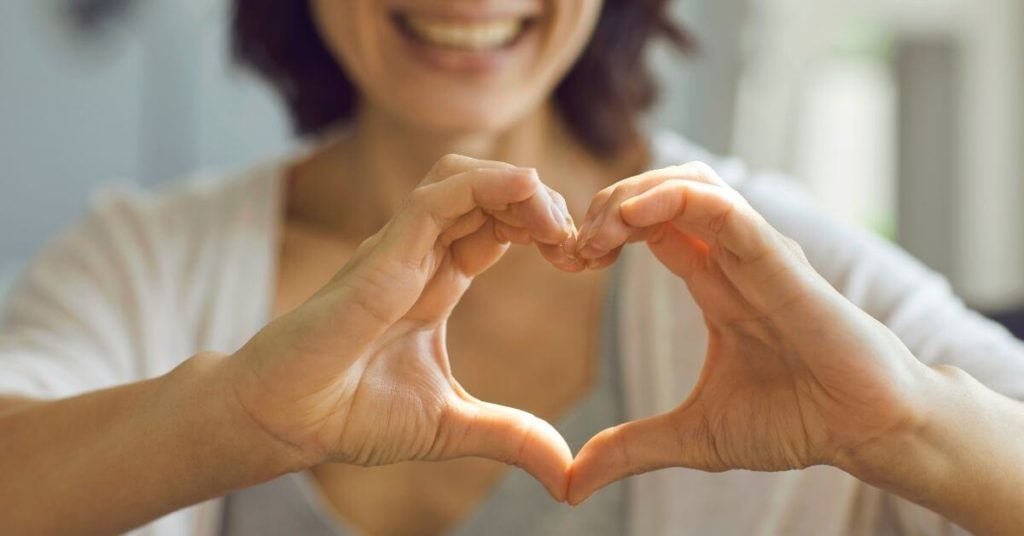



18 Responses
Thank you for sharing this. It is all in the mindset. If we can get the negativity out of our heads and focus on the good, we will see the world differently. Even during hard times, we can typically find something we are grateful for.
I agree about it all being in our mindset, and that there’s always something to be grateful for. Thank you so much for your comment!
I try to live by the mantra Gratitude and Attitude are Choices. Although I know that it is about the mindset and although I know the personal benefits, it was interesting seeing the large array of benefits. Thank you for posting.
I love that mantra! Thanks so much for sharing it here. 🙂
I really love this! As a stay-at-home mom life can get so chaotic and monotonous. I’ve never kept a journal, but it definitely sounds like it helps a lot. Thanks for the great tips! 🙂
Thank you, Carly! For me, the act of actually writing down my gratitude helps tremendously. I’d love to hear if you find it beneficial.
Thank you for the wonderful read and reminders!
Thank you so much for your comment, Shonti!
The mind-body connection is potent. Your examples of the ways that gratitude positively influence physical health are fascinating. While it can be hard to see the silver lining in an otherwise stressful day, it can ultimately lead to a better outcome to find at least one thing to be grateful for.
I was amazed by all the research-based mental and physical health benefits I found as I was researching. You’re so right, there is always something to be grateful for!
Hi Tina,
You have presented this information so beautifully. I practice gratitude every day. Some days are easier than others, but gratitude is even more important on the tough days, and definitely works its magic! This is something that with time and practice has gotten much easier. Thank you for the beautiful reminder.
Thank you so much, Donna. Like you, I have also found that I may need to push myself to focus more on gratitude on the tough days–but it’s always worth it! You’re right–it’s like a little sprinkle of gratitude magic! 🙂
I have definitely seen experienced a few these benefits personally from my gratitude practice!
I’m so glad to hear this, Niyati!
Love this so much! A lot of your health really does come from your mind. If only more people could see this.
You’re absolutely right that our mind plays an important role in our health and wellness! Thank you so much for your comment.
Thank you Tina- such a simple concept- yet so hard to do on a daily basis! Your article really pointed out the benefits of being grateful- that is not just saying thank you to others in our life- yes that is important- but to actually feel the feelings associated with being grateful! Life is good- even on a bad day!
You are so right…Life is good even on a bad day! Thank you so much for taking the time to read & comment.